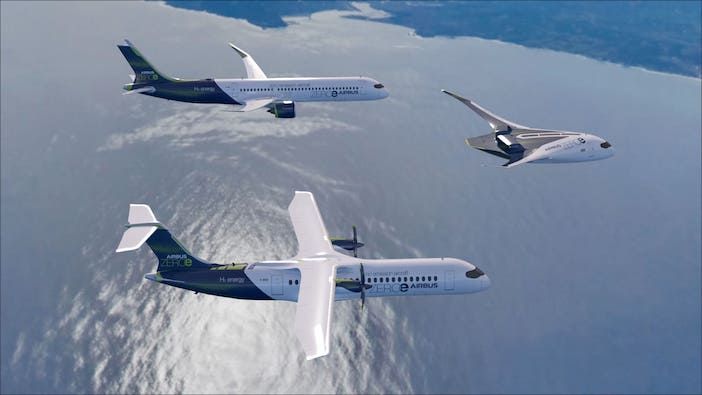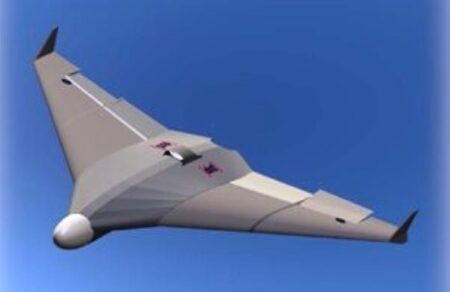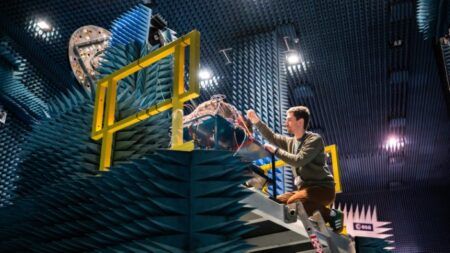Airbus has setup development centres at its sites in Bremen, Germany and Nantes, France to develop hydrogen fuel tanks for its future aircraft, and scheduled the first flight tests of the new fuel systems for 2025.
The Zero-Emission Development Centres (ZEDC) aim to develop Airbus’ capability to manufacture the cryogenic hydrogen fuel tanks that will be required for future hydrogen-fueled aircraft. The centres will also look at the design and integration of the tanks into aircraft.
The technology developments will cover the full product and industrial capabilities from elementary parts, assembly, systems integration and the cryogenic testing of the final liquid hydrogen tank system.
Both ZEDCs will be fully operational by 2023 to build liquid hydrogen fuel tanks with a first flight test scheduled for 2025.
The site in Bremen already develops and manufactures liquid hydrogen fuel tanks via its work in Airbus Defence and Space and ArianeGroup. The ZEDC in Bremen will initially focus on system installation as well as for the overall cryogenic testing of the tanks.
Meanwhile, engineers at the site in Nantes have experience in metallic structural technologies related to the centre wing box, including the safety-critical centre tank for commercial aircraft. The Nantes ZEDC also has the capability to manage a range of metallic, composite technologies and has experience in codesign activities on nacelle inlets, radomes and centre fuselage complex work packages.
The tank is a safety-critical component, for which specific systems engineering is needed, said Airbus. Hydrogen has to be stored as a liquid to increase its density. Liquid hydrogen has to be stored at -250°C (-418°F) to liquefy.
Airbus said, “For commercial aviation, the challenge is to develop a component which can withstand repeated thermal and pressure cycling which an aircraft application demands.
“It is expected that near-term liquid hydrogen tank structures for commercial aircraft applications will be metallic, however the potential performance opportunities associated with carbon-fibre-reinforced polymer composites are high.”
Related Stories
Hydrogen propulsion for aircraft moves forward in the UK with multi-million R&D program
Why interest in Hydrogen as an aviation fuel has reignited
Airbus reveals three hydrogen fueled concept aircraft
£9m research program switches to hydrogen for zero-emission passenger aircraft





